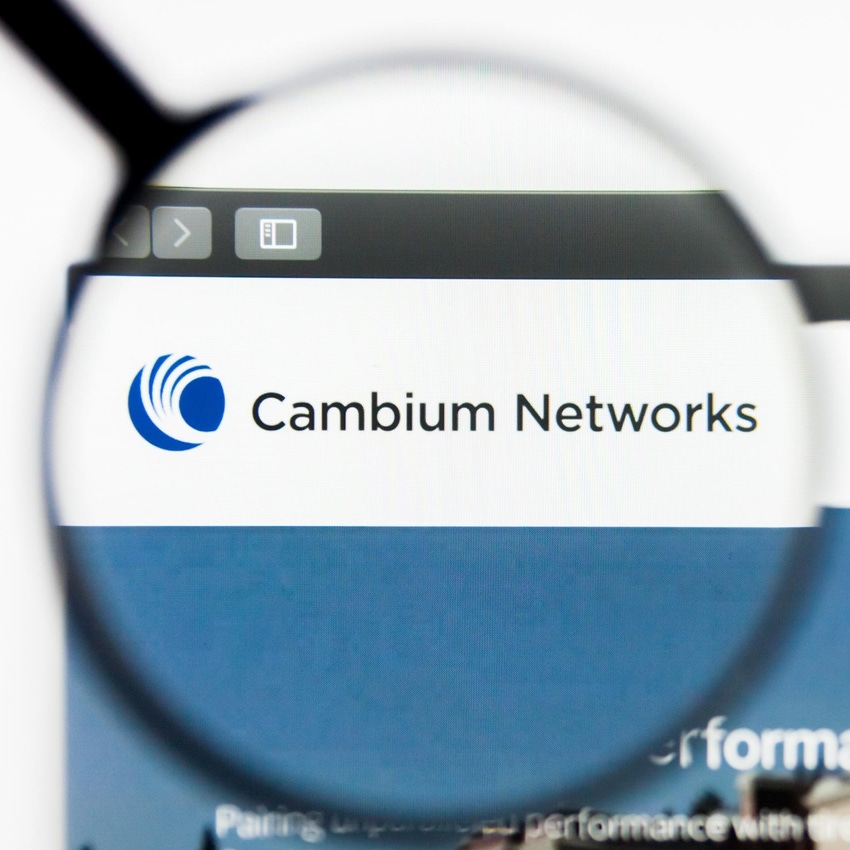Cambium, a fixed wireless vendor, to expand into fiber
Cambium Networks said it will release a fiber product later this year. The company provides fixed wireless equipment to network operators, but appears keen to chase government subsidies for fiber.

Cambium Networks promised to offer a fiber product later this year. The move dovetails with similar efforts by other fixed wireless companies to get into the fiber business, in part to obtain government funding for fiber networks in rural areas.
"Late in Q2 we expect to release our exciting new Fiber product, Cambium Fiber, which is powered by our cnMaestro network software, enabling network convergence from a single pane of glass," said Cambium CEO Atul Bhatnagar during his company's recent quarterly conference call, according to Seeking Alpha.
During the call, Bhatnagar explained that Cambium Fiber would allow the company's service provider and enterprise customer to manage fiber, wireless and Wi-Fi routers from the same platform. "Interest in the product is extremely high, with our initial target market of our current installed fixed wireless broadband customer base," he said.
Figure 1:  (Source: Pavel Kapish/Alamy Stock Photo)
(Source: Pavel Kapish/Alamy Stock Photo)
Broadly, Cambium reported first-quarter revenues of $77.4 million, up by $15.5 million from the same quarter a year ago. However, according to the financial analysts at Raymond James, the company cut its sales guidance for 2023 to around 10-14% growth, down from a prior estimate of around 10-16% growth. The analysts speculated that the reduction was mainly due to slower Wi-Fi sales into the enterprise.
The embrace of fiber
A major part of Cambium's business focuses on selling network equipment to smaller fixed wireless Internet providers. Thus, it's no surprise that the company is now looking to fiber for growth.
That's because the NTIA is mainly focusing its $42.5 billion Broadband Equity, Access and Deployment (BEAD) program on financing the construction of fiber networks in rural parts of the US. Along those lines, the agency has mostly excluded projects using unlicensed spectrum from its definition of "reliable broadband" in the notice of funding opportunity (NOFO) for BEAD.
FWA providers, many of which deliver services via unlicensed spectrum, have been raising the alarm since last May when the BEAD rules were published. They've been working to overturn the NTIA's fiber focus.
But some fixed wireless companies are pivoting to fiber in the meantime. For example, private investment company GI Partners recently announced it completed its purchase of Rise Broadband, one of the nation's biggest independent fixed wireless Internet providers. And now Rise appears heavily focused on a future as a fiber provider.
Related posts:
— Mike Dano, Editorial Director, 5G & Mobile Strategies, Light Reading | @mikeddano
About the Author(s)
You May Also Like












